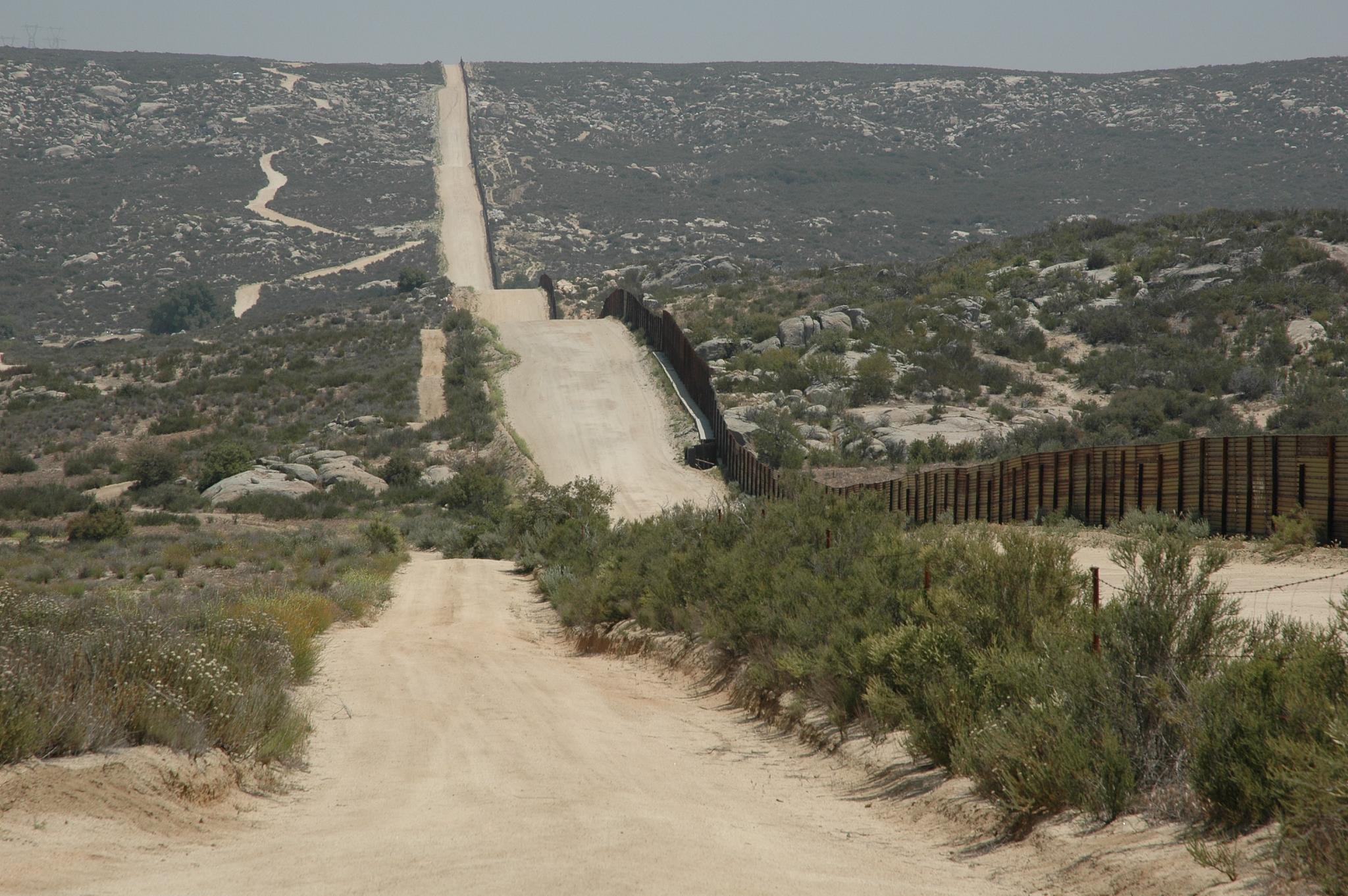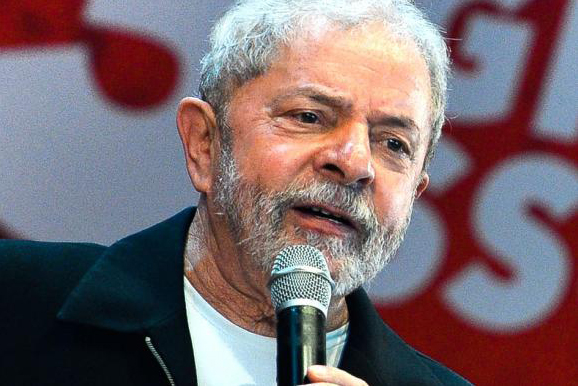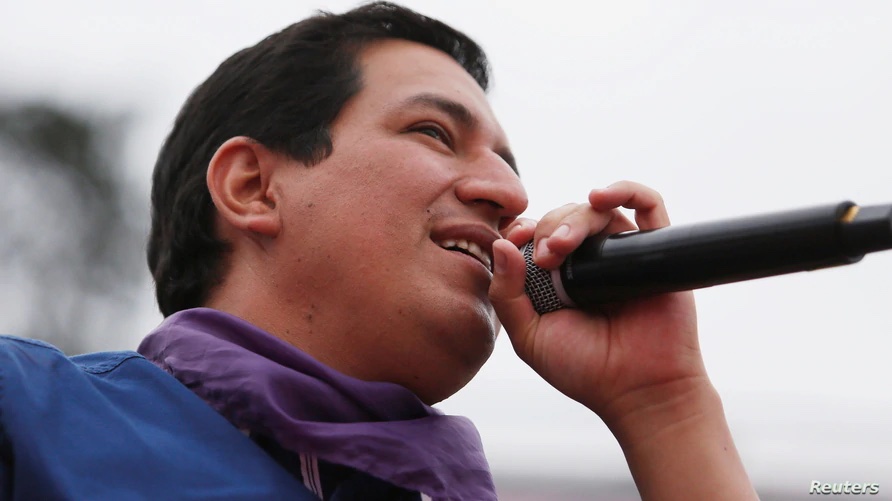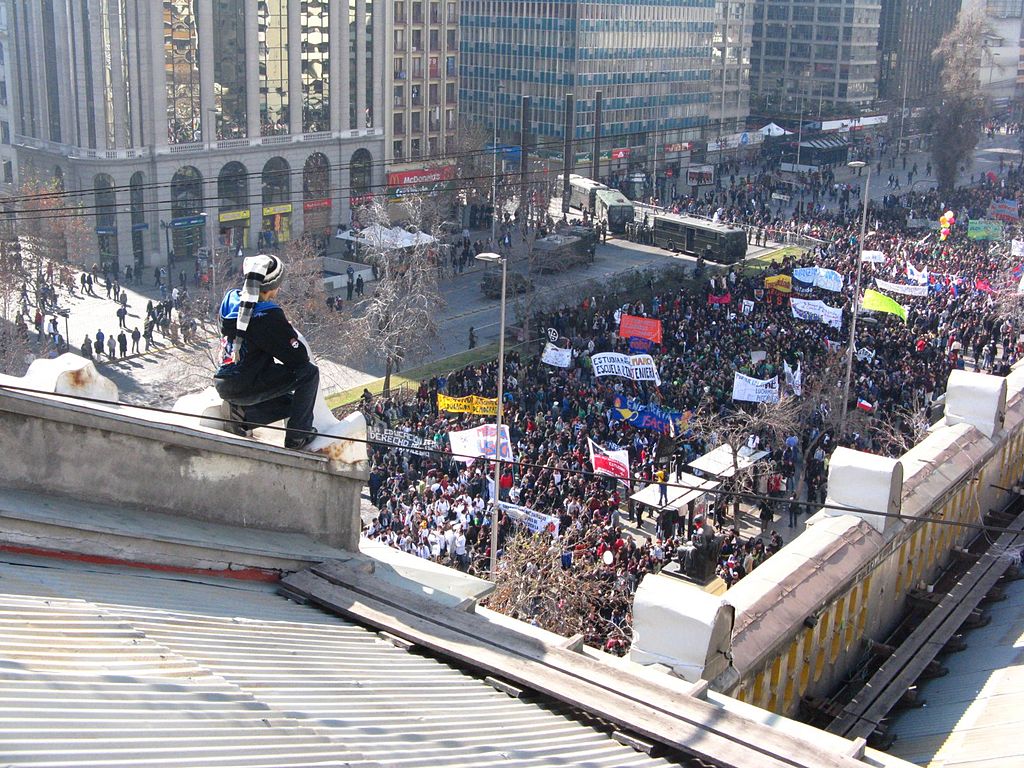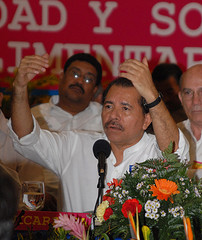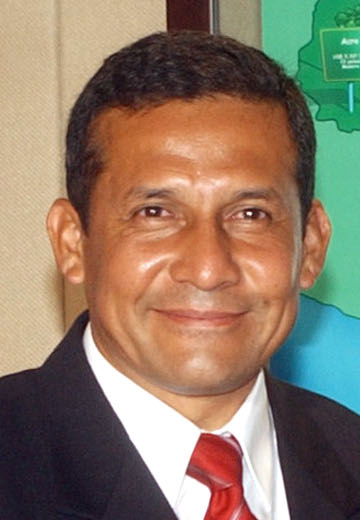
Brazil, Latin America: Week in Review
Rio de Janeiro School Shooting Kills 12 Children; Brazil In Shock
April 8, 2011 By Staff
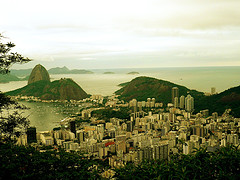
The city of Rio de Janeiro, Brazil.
Today in Latin America
Top Story — A 23-yeald old gunman burst into an elementary school in Rio de Janeiro and opened fire on young students, killing 12 and wounding at least 13 before taking his own life. According to local police authorities, Thursday’s school shooting “has no precedent” in the country’s history.
Police identified the gunman as Wellington Menezes de Oliveira, who is believed to be a former student of the school. Oliveira is said to have left a letter signaling his plans to commit suicide after the events. It is not clear if the man shot himself or was killed by the police.
The shooting shocked the South American nation and has been compared to the 1999 shooting at Colorado’s Columbine High School in the United States.
“This type of crime is not characteristic of [our] country,” said Brazilian President Dilma Rousseff, according to The New York Times. “All of us here, men and women, are united to repudiate this type of violence.”
The shootings come at a time when Brazilian authorities have made advances fighting the city’s slum gangs in hopes of tightening security for the 2014 football World Cup and the Olympic Games in 2016.
“We have to show solidarity and support for the families of the children [killed by] that psychopath, that animal,” said Sergio Cabral, governor of Rio de Janeiro, according to Al Jazerra.
Headlines from the Western Hemisphere
North America
- Mexican security forces found 59 bodies buried in mass graves in northern state of Tamaulipas, close to where 72 migrants were killed last year.
- A magnitude-6.5 earthquake hit eastern Mexico Thursday, but no injuries or damage were reported.
- Mexican media comgolmerate Televisa agreed Thursday to acquire a 50 percent stake in the Iusacell mobile phone company for 1.6 billion dollars.
- Immigration officials in the U.S. arrested three people in connection with the charging of up to $60,000 to arrange fake marriages for undocumented immigrants.
Caribbean
- Cuba’s decision to allow more private economic activity is an opportunity for the U.S. government and others to support the growth of small and micro enterprises on the island, according to a report made public Thursday.
- President-elect Michel Martelly wants to transform Haiti from development basket case to Caribbean success story, a makeover as ambitious as the provocative pop star’s own reincarnation as head of state.
- Too many foreign charities are working in Haiti without supervision and need to provide more information about their activities so the government can better manage earthquake reconstruction, the prime minister said Thursday.
- Officials in the Dominican Republic have returned to a German woman her 7-year-old son who had been brought to the Caribbean country clandestinely by his father a year ago.
Central America
- Venezuela upped aid to Nicaragua last year by 15 percent to $511 million, more than making up for diminishing aid flow from other countries, according to a report released Wednesday from Nicaragua’s Central Bank.
Andes
- President Barack Obama said Thursday that a deal over labor rights had cleared the way to advance a long-delayed trade pact with Colombia, but he was silent on when he would send it to Congress for approval.
- The U.S. said it will expel Ecuador’s ambassador in Washington in a retaliatory move after the Andean country asked the U.S. envoy in Quito to leave this week over a leaked diplomatic cable, a State Department official said Thursday.
- Bolivia has fallen from the second-largest to the sixth-biggest holder of proven gas reserves in South America, with Peru now in second place behind Venezuela, a Bolivian Hydrocarbons Association, or CBH, report says.
- One person was killed and 31 others injured Thursday when Peruvian police sought to clear protesters occupying a bus station in the southern city of Mollendo.
Southern Cone
- Economists at the think tank FIEL predict that Argentina’s economy will grow 6.5 percent in 2011, but inflation could accelerate to 25 percent in the second half of this year.
- The Chilean central bank’s president said on Thursday that the country’s economy could grow close to its full capacity this year, adding that policymakers are working to tame inflation.
Image: Kaysha @ Flickr.
